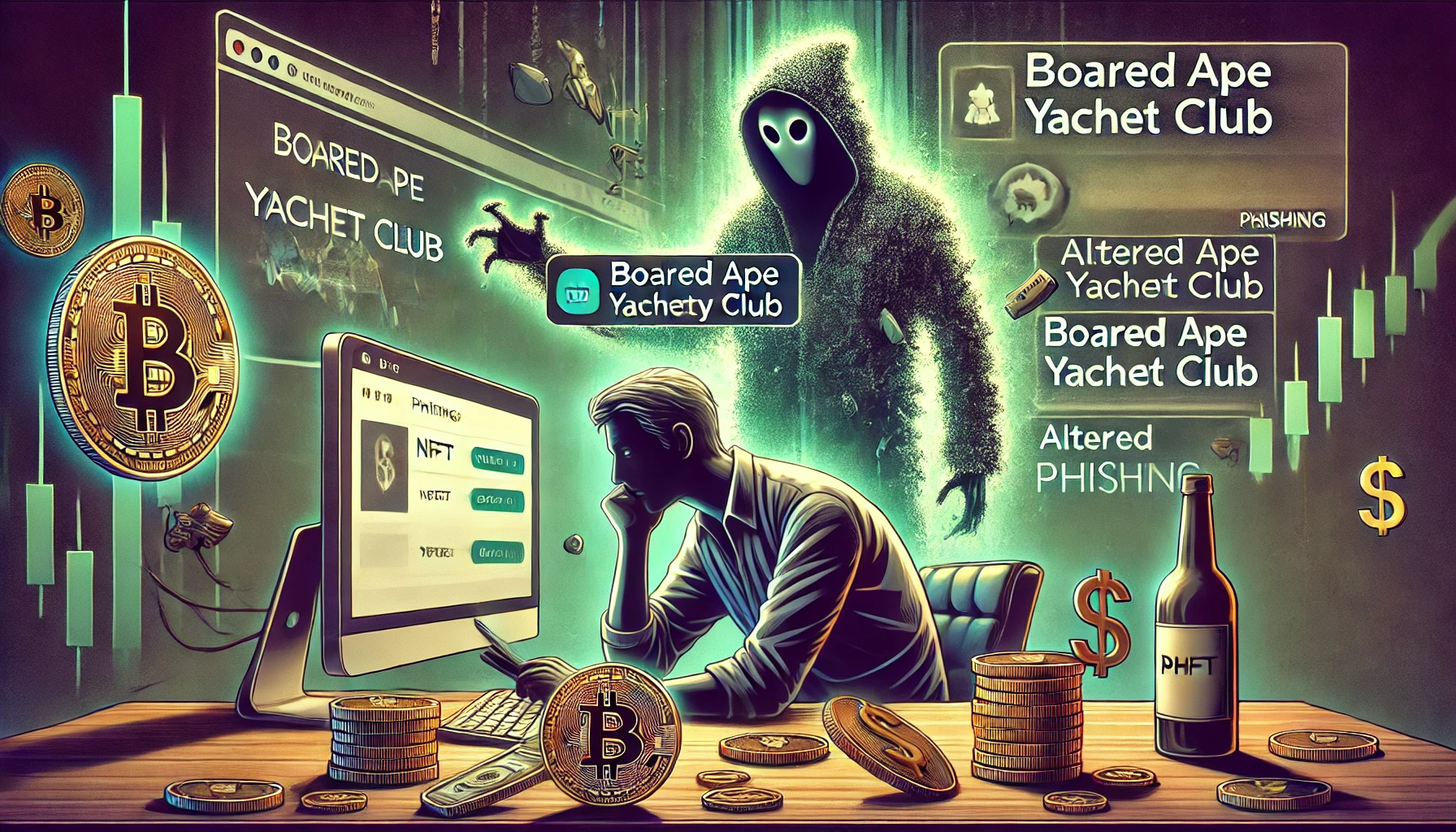On an otherwise typical day, an NFT collector became the target of a meticulously planned phishing attack. The scammer exploited a vulnerability in Blur’s listing system to manipulate sales. Unlike conventional phishing, which relies on deceptive emails or messages, this was a technical maneuver. The scammer discovered a method to execute private sales, bypassing the usual requirement for public access.
Manipulating Royalty Settings
Perhaps the most damaging aspect was the manipulation of the royalty settings for the NFTs. The scammer conducted a private sale to himself, altering the settings so that the funds would be redirected to his address. This critical step ensured the scam remained undetected until it was too late. The victim signed a transaction on a phishing website promoted by an impersonator account on social media. This simple act led to a catastrophic financial loss.
The scammer’s use of social engineering tactics added another layer to the attack. A nearly identical impersonator account on social media convinced the victim to feel secure enough to interact with the phishing website. This combination of technical exploitation and psychological manipulation made this modern NFT-space phishing scam highly sophisticated and effective.
The Incident in Detail
Financial Loss and Impact
The stolen NFTs were extremely valuable, including Bored Ape Yacht Club NFTs. The loss of these assets resulted in a significant financial setback for the victim. Beyond the immediate financial consequences, the incident highlights the broader risks inherent in the crypto and NFT space. This phishing scam serves as a reminder of the need for vigilance and informed decision-making when dealing with digital assets.
A Case Study in Exploitation
To better understand the risks involved, let’s examine two significant incidents that have occurred on the Blur marketplace:
September 2023: Smart Contract Vulnerability In September 2023, a vulnerability in one of Blur’s smart contracts was exploited, allowing attackers to drain funds from the market’s liquidity pool. This incident underscores the importance of robust smart contract security practices.
November 2023: Front-End Exploit In November 2023, attackers exploited a front-end vulnerability to alter the listing prices of NFTs, underpricing valuable assets and causing financial losses for affected users.
Prevention and Security Measures
Protecting Digital Assets
Users must take necessary security precautions to avoid falling victim to similar scams. Here are some essential steps for protecting your digital assets:
Be Cautious of Phishing Websites: Always verify the authenticity of websites before entering sensitive information or signing transactions. Look for secure connections (https://) and be wary of unfamiliar URLs.
Beware of Impersonator Accounts: Social media platforms are rife with impersonation. Confirm the authenticity of accounts before interacting, especially if they involve your digital assets.
Stay Informed: Keep up with the latest scams and security developments in the crypto and NFT spaces. Knowledge is your best defense against evolving threats.
Recognizing Red Flags
Familiarize yourself with common warning signs of NFT scams:
Unsolicited Offers: Be wary of unsolicited offers promising high NFT listing prices or free mint and airdrop events, as these can be scams to facilitate private sales with proceeds rerouted to the scammer’s address.
Too Good to Be True Deals: If something sounds too good to be true, it probably is. Always research the service or offer before any transactions.
Secure Your Wallets: Use hardware wallets or multi-signature wallets to enhance the security of your digital assets. These measures add an extra layer of protection against unauthorized access.
Conclusion
The Blur phishing scam serves as a stark reminder to stay cautious and be aware of the risks associated with the NFT and crypto space. By understanding how the scam unfolded and taking proactive security measures, you can better protect your digital assets from similar threats. Stay vigilant, remain educated, and prioritize security in all your online interactions. Together, let’s continue to build a safer and more secure crypto and NFT ecosystem.

